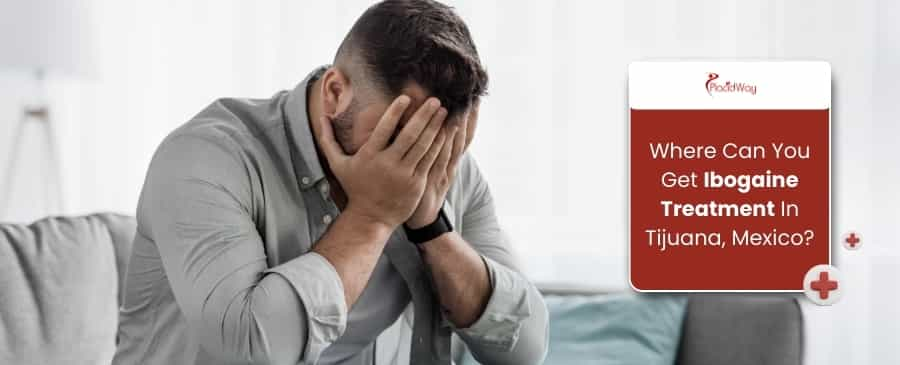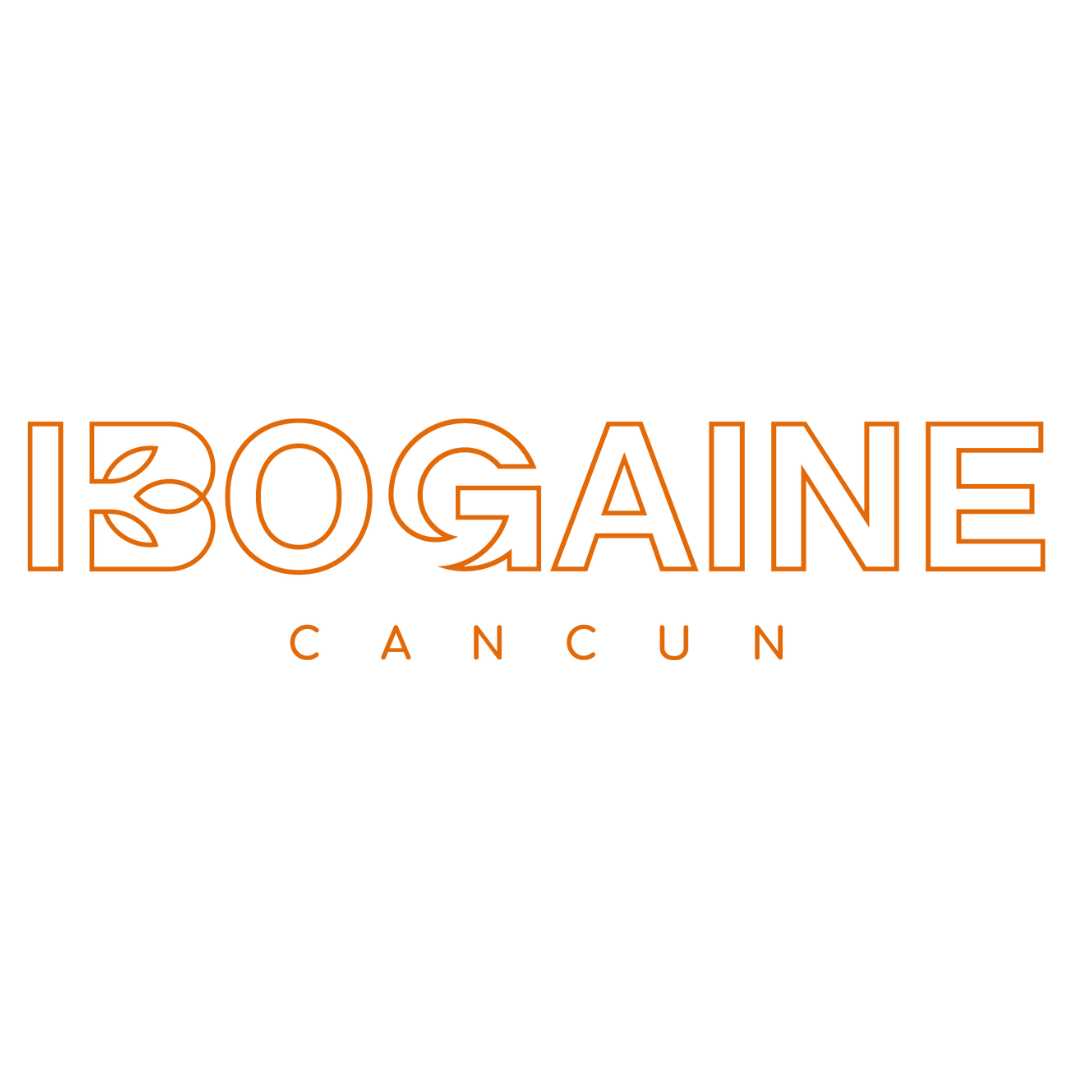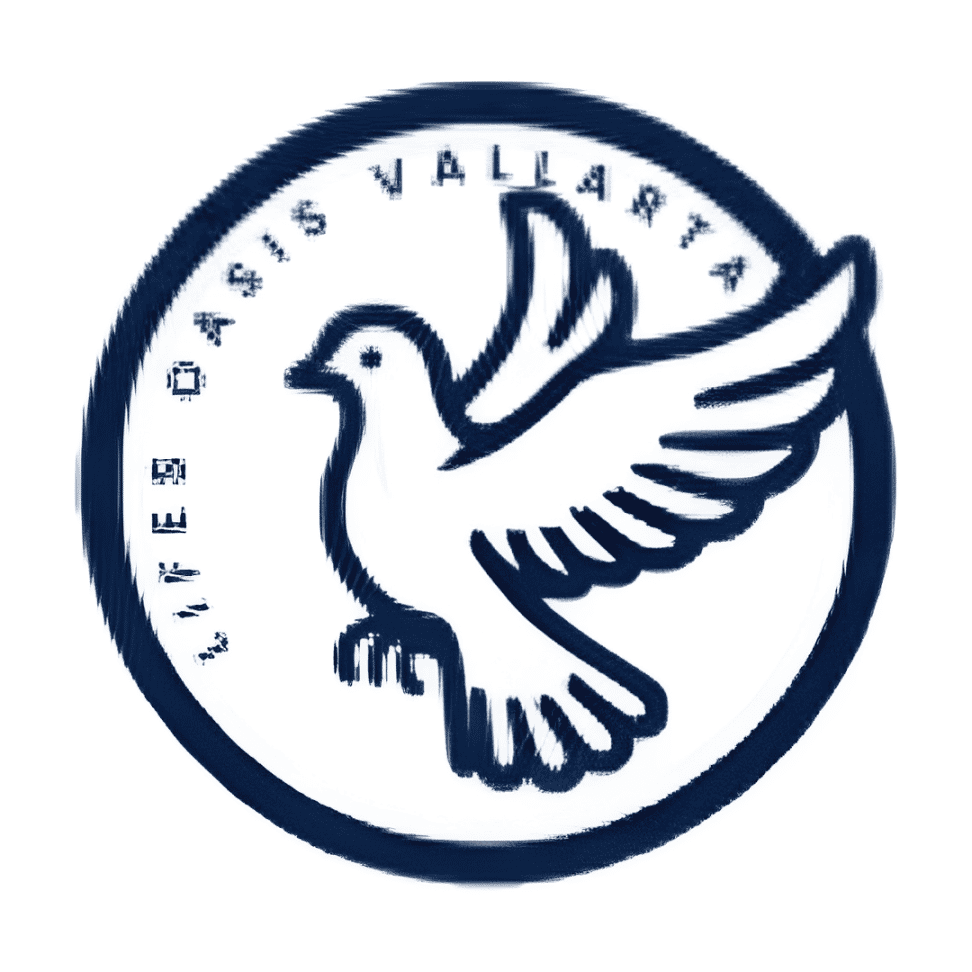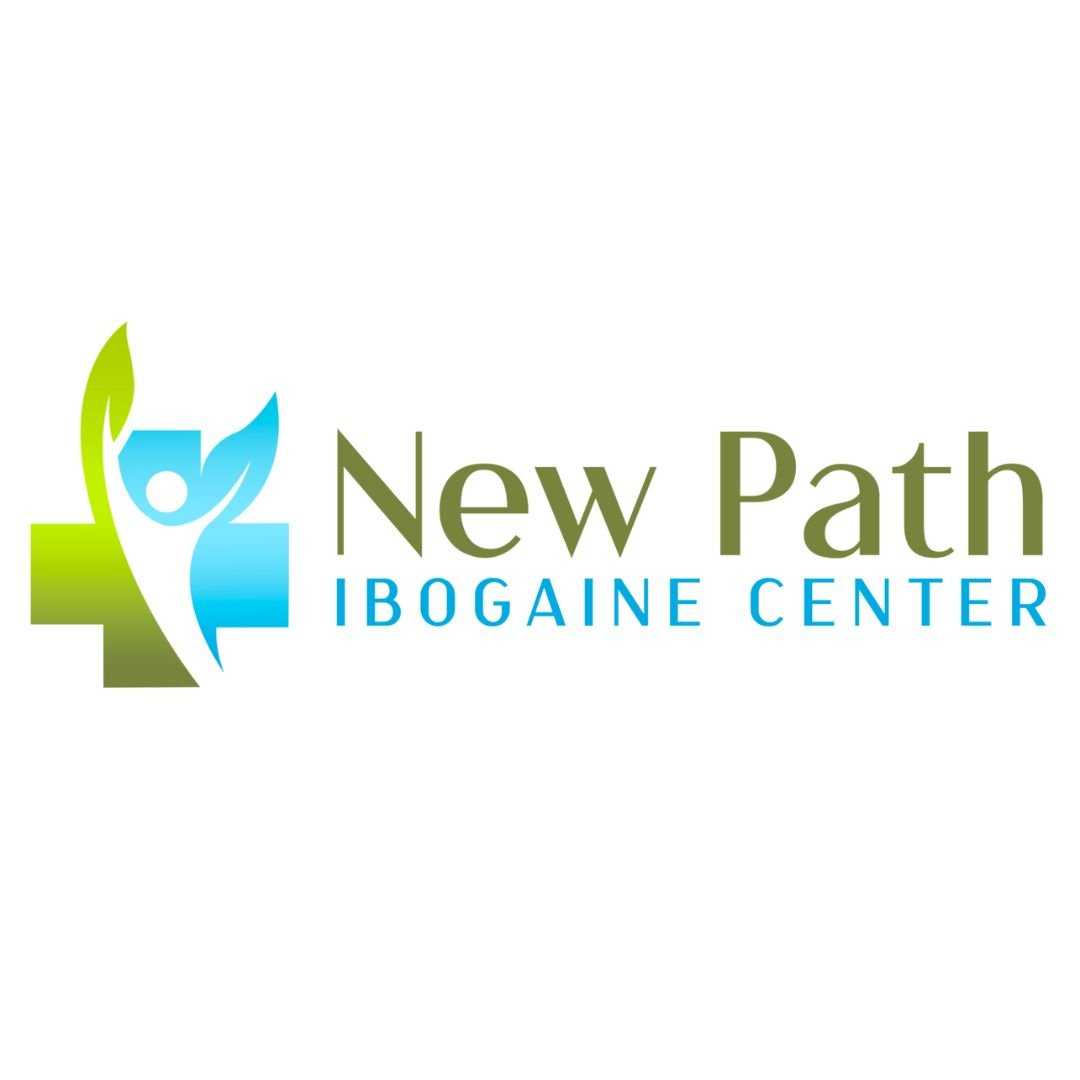How to Choose the Right Ibogaine Treatment in Tijuana

If you're looking into ibogaine treatment in Tijuana, Mexico, it's understandable to have many questions. You're likely searching for effective and safe pathways to recovery, and Tijuana has emerged as a significant destination for this specialized therapy.
Understanding where to go, what to expect, and how to ensure safety are key concerns. We're here to provide clarity on these vital points, helping you navigate the options for ibogaine treatment in Tijuana. From the types of clinics available to the typical costs, legal considerations, and the treatment process itself, we'll cover the essential information you need.
Which clinics offer ibogaine treatment in Tijuana?
In Tijuana, a variety of clinics are dedicated to providing ibogaine treatment. These facilities often differentiate themselves through their approach, some emphasizing a strictly medical model with intensive pre-screening and continuous vital monitoring, while others integrate holistic and spiritual components into their programs.
When searching for a clinic, you'll encounter facilities that pride themselves on a high staff-to-patient ratio, offering personalized care. Many clinics employ a team of doctors, nurses, therapists, and support staff experienced in addiction medicine and psychedelic-assisted therapies.
To identify a suitable ibogaine treatment center in Tijuana, consider exploring clinics that offer:
- Comprehensive Medical Screening: Essential pre-treatment evaluations to ensure patient suitability and minimize risks.
- Experienced Medical Staff: Physicians, nurses, and emergency personnel on premises throughout the treatment.
- Supportive Environment: A comfortable, clean, and private setting conducive to healing and introspection.
- Integrated Therapies: Offering counseling, psychotherapy, nutritional support, and aftercare planning alongside ibogaine.
- Positive Testimonials: Reviews and success stories from former patients can provide insight into a clinic's effectiveness and patient experience.
How much does ibogaine treatment cost in Tijuana?
Factors that commonly impact the overall price include:
| Factor | Impact on Cost |
|---|---|
| Duration of Stay | Longer stays (e.g., 7-10 days vs. 3-5 days) naturally increase the cost due to extended accommodation and care. |
| Medical Supervision | Clinics with board-certified doctors, registered nurses, and dedicated emergency staff often charge more due to higher operational costs, but offer greater safety. |
| Included Therapies | Programs that incorporate pre-treatment detox, psychotherapy, counseling, nutritional support, massage, yoga, or post-treatment integration sessions will be more comprehensive and thus more expensive. |
| Facility Amenities | Luxury accommodations, private rooms, gourmet meals, and spa-like environments will raise the overall price compared to more modest facilities. |
| Pre-Screening & Aftercare | Thorough medical pre-screening and structured aftercare programs, while crucial for safety and long-term success, contribute to the total cost. |
Is ibogaine treatment legal and safe in Tijuana, Mexico?
The legality in Mexico means that clinics can operate openly and professionally, providing treatment under the oversight of medical professionals. This regulatory environment is crucial for patient safety and the responsible administration of a powerful substance like ibogaine.
What should I expect during ibogaine treatment in Tijuana?
Undergoing ibogaine treatment in Tijuana is a multi-stage process designed to maximize safety and therapeutic effectiveness. It begins well before the actual administration of ibogaine and extends into a crucial aftercare period. Understanding each phase can help manage expectations and prepare you for the experience.
What conditions does ibogaine treat, particularly in Tijuana clinics?
Beyond opioids, ibogaine clinics in Tijuana also offer treatment for other substance dependencies. While its effectiveness can vary compared to opioids, it is explored for:
- Alcohol Addiction: Some individuals report reduced cravings and a reset effect on their drinking patterns after ibogaine.
- Cocaine and Methamphetamine Addiction: Ibogaine can help in breaking the cycle of stimulant abuse by addressing cravings and providing a period of clarity that allows for psychological work.
- Polysubstance Abuse: For individuals struggling with multiple substance dependencies, ibogaine can be part of a broader treatment plan.
When considering ibogaine treatment in Tijuana, inquire about the full spectrum of support services available. A comprehensive approach significantly enhances the chances of sustained recovery by addressing the individual as a whole, rather than just the addiction itself.
Considering ibogaine treatment or other medical tourism options? Explore PlacidWay to connect with leading global healthcare providers and find the right solution for your needs.


.png)



.png)
.png)
.png)
.png)






Share this listing